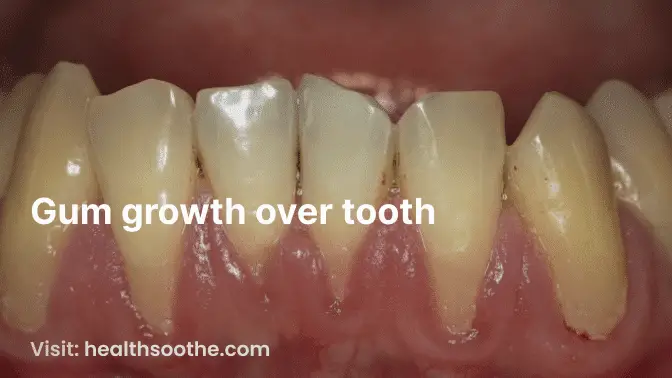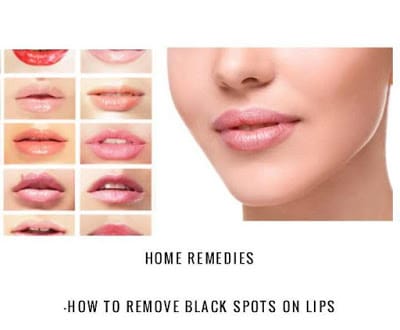Have you ever noticed small black spots on your teeth when you look in the mirror? If so, you may wonder what they are and what you can do about them. In this article, we'll explore the causes of black spots in teeth, their symptoms, how they're diagnosed, and the various treatment options available.
What are Black Spots in Teeth?
Black spots in teeth are areas of discolouration that appear as dark or black spots on the surface of teeth. These spots may appear as a result of tooth decay, dental caries, enamel hypoplasia, fluorosis, or poor oral hygiene habits.
Causes of Black Spots in Teeth
There are several potential causes of black spots in teeth, including:
- Tooth decay: When bacteria in the mouth feed on sugar and starches in the foods you eat, they produce acid that can erode the enamel of your teeth. Over time, this can lead to cavities, which may appear as black spots on your teeth.
- Dental caries: Dental caries are small holes or pits that form in the teeth due to acid erosion. These pits may appear as black spots on the teeth.
- Enamel hypoplasia: Enamel hypoplasia is a condition in which the enamel of the teeth is underdeveloped, which can make the teeth more susceptible to decay and discolouration.
- Fluorosis: Fluorosis occurs when the teeth are exposed to too much fluoride during development. This can cause white or brown spots on the teeth, which may appear black over time.
- Poor oral hygiene: Poor oral hygiene habits, such as failing to brush and floss regularly, can lead to the buildup of plaque and bacteria on the teeth, which can cause discolouration and decay.
Symptoms of Black Spots in Teeth
The most obvious symptom of black spots in teeth is the appearance of dark or black areas on the surface of the teeth. Other potential symptoms may include:
- Sensitivity to hot or cold temperatures
- Pain or discomfort when biting or chewing
- Bad breath or a bad taste in the mouth
- Swelling or redness around the gums
Diagnosing Black Spots in Teeth
If you notice black spots on your teeth, it's important to see a dentist as soon as possible for an evaluation. Your dentist will examine your teeth and may take X-rays to determine the cause of the discolouration.
Treatment Options for Black Spots in Teeth
The treatment options for black spots in teeth depend on the underlying cause of the discolouration. Some possible treatment options may include:
- Dental fillings: If the black spots result from cavities or dental caries, your dentist may recommend dental fillings to restore the damaged teeth.
- Crowns: If the black spots are more severe, your dentist may recommend crowns to cover the affected teeth and restore their appearance.
- Whitening treatments: If the black spots are the result of staining from food, drinks, or tobacco use, your dentist may recommend professional whitening treatments to help lighten the teeth.
- Good oral hygiene: Maintaining good oral hygiene habits, such as brushing and flossing regularly and visiting your dentist for regular cleanings, can help prevent further discolouration and decay.
Preventing Black Spots in Teeth
Preventing black spots in teeth starts with good oral hygiene habits, such as brushing and flossing regularly and visiting your dentist for regular cleanings. Other ways to prevent black spots in teeth include:
- Brushing and flossing regularly to remove plaque and food particles that can cause discolouration and decay
- Visiting the dentist for regular cleanings and checkups
- Limiting the intake of sugary and starchy foods and drinks that can promote bacterial growth and acid erosion
- Drinking plenty of water to keep your mouth hydrated and to help rinse away food particles and bacteria
- Quitting smoking or using tobacco products, which can cause tooth discolouration and decay
- Using fluoride toothpaste and mouthwash to help strengthen tooth enamel and prevent decay
- Avoiding excessive intake of fluoride from sources such as water, toothpaste, and mouthwash, as excessive fluoride exposure can cause tooth discolouration and other dental problems
keep your mouth hydrated and help rinse away food particles and bacteria
- Quitting smoking or using tobacco products
- Using fluoride toothpaste and mouthwash to help strengthen tooth enamel
- Avoiding excessive intake of fluoride from sources such as water, toothpaste, and mouthwash
When to See a Dentist about Black Spots in Teeth
If you notice any discolouration or black spots on your teeth, it's important to see a dentist as soon as possible for an evaluation. Early detection and treatment can help prevent further damage to the teeth and gums.
Read Also: Carotone Black Spot Corrector | My Honest Reviews
Potential Complications of Untreated Black Spots in Teeth
If left untreated, black spots in teeth can lead to more serious dental problems, including:
- Tooth decay and cavities
- Gum disease
- Abscesses
- Tooth loss
In severe cases, untreated black spots in teeth can even lead to serious medical conditions such as heart disease, stroke, and diabetes.
Conclusion
Black spots in teeth are a common dental problem that can be caused by a variety of factors, including poor oral hygiene, tooth decay, and dental caries. If you notice any discolouration or black spots on your teeth, it's important to see a dentist as soon as possible for an evaluation and treatment. Maintaining good oral hygiene habits and making healthy lifestyle choices can help prevent black spots in teeth and other dental problems in the future.
Q1. What causes black spots on teeth?
A1. Black spots on teeth can be caused by a variety of factors, such as poor oral hygiene, smoking, certain foods and drinks, tooth decay, or a dental filling that has discoloured over time.
Q3. Can black spots on teeth be removed?
A3. Yes, black spots on teeth can often be removed through professional dental cleaning, teeth whitening treatments, or dental fillings. The appropriate treatment will depend on the cause and severity of the black spots.
Q4. How can you prevent black spots on your teeth?
A4. Maintaining good oral hygiene, such as brushing twice a day, flossing regularly, and visiting the dentist for regular cleanings, can help prevent black spots on teeth. Avoiding smoking and limiting the consumption of foods and drinks that can stain teeth can also be helpful.
Q5. Are there any home remedies for black spots on teeth?
A5. While there are some home remedies that may help whiten teeth, such as using baking soda or hydrogen peroxide, it is important to consult with a dentist before trying any at-home treatments for black spots on teeth. Some methods can cause damage or further discolouration if not used properly.


